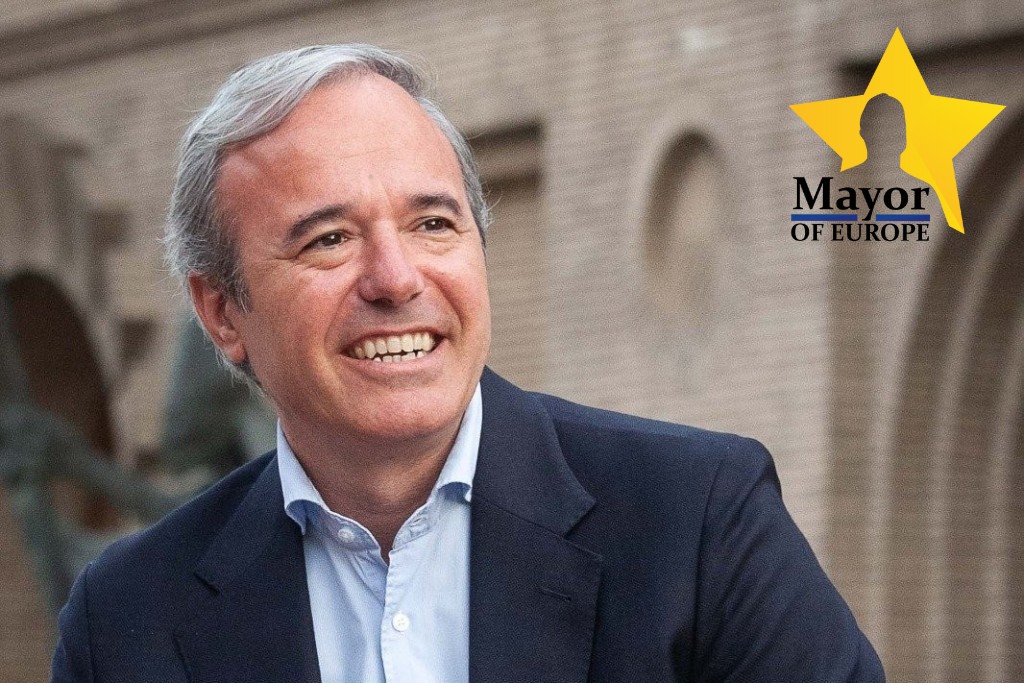Thessaloniki gets ready for its metro launch in November
The underground rapid transit lines have been under construction for almost two decades due to various project delays
 TheMayor.EU logo
TheMayor.EU logo 






We decided to give an environmental perspective to all action areas within the Zaragoza City Council
Jorge Azcón (Zaragoza, 1973) has a Law Degree and a Master's Degree in Urban Planning from the University of Zaragoza. He has worked as a territorial director of the MRA Group. He entered politics and the Zaragoza City Council as a councillor in 2000. Mr Azcón held various council positions until 2019 when he was elected as mayor of the city. He’s been a member of the European Committee of the Regions (CoR) since 2020.
Thank you very much for your congratulations. We are very happy to belong to this select climate club, since it ratifies the environmental policies that have been made in Zaragoza in recent years.
Behind every selection there is always a lot of time, work and effort made by many people. Ever since we learned about the Mission of 100 Smart and Climate Neutral Cities, we knew that it would fit perfectly with our city model. We decided to give an environmental perspective to all action areas within the Zaragoza City Council and draw up a work plan in which the reduction of emissions was taken into account in each and every one of the projects launched.
This is more than a great job - what it means is a change in the way of doing politics. Society is constantly changing, and today’s institutions are asked for a lot of information about their environmental policies.
If I had to choose three benchmark projects in the fight against climate change and the reduction of emissions in the city, I would choose the electrification of public transport, the Forest of the Zaragozans project and our investment record in housing renovation.
In 2021, Zaragoza maintained a waste recovery percentage of over 50%. This percentage places the city well above the Spanish average. This increase is due to the collection of organic matter, especially that generated by large producers, which has gone from 327 to 726 tons. But we are going to go one step further, and with the new cleaning contract, selective collection will be extended to the entire city.
In the month of June, on the occasion of the Day of the Environment, we announced that we were going to set up an office that advises small and medium-sized companies in order to implement actions that reduce their CO2 emissions.
These small and medium-sized companies are the ones that account in our emissions inventory, so if we want to achieve climate neutrality in 2030, we must go hand in hand with them.
Zaragoza is working on a Climate Change Adaptation Plan - a strategic document that will allow the city to be better prepared to face the consequences of climate change. To develop this Adaptation Plan it is necessary to have previously carried out a risk and vulnerability study.
This study shows that the main problem facing the city is extreme heat, with increasingly prolonged heat waves like the ones we have been experiencing in recent months.
In addition, these heat waves are also sometimes accompanied by fires and drought. Another notable risk is flooding, since intense and short-term rain events and river flooding are expected to increase in frequency.
We must be prepared for the consequences that can develop in the city in the face of these risks, which can lead to traffic cuts, power cuts, falling trees or despair.
Author: Vincent Iolov